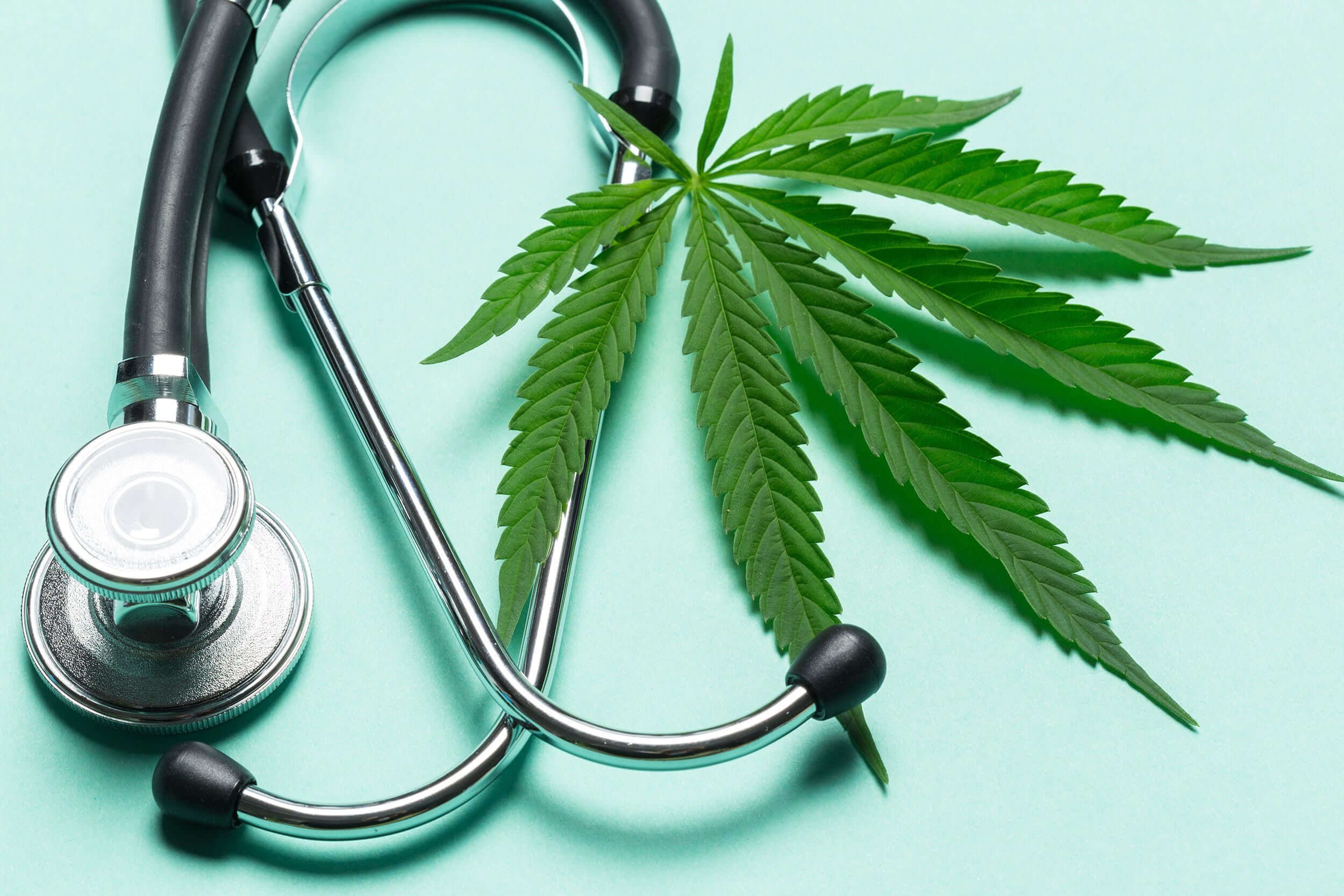Shedding Light on What Medical Cannabis Can Treat: a Comprehensive Analysis of Its Therapeutic Properties
In current years, there has actually been an expanding passion in the restorative capacity of clinical cannabis. While unscientific evidence abounds, an extensive evaluation of the scientific information regarding the efficiency of medical marijuana in treating these problems is warranted.
Persistent Pain Monitoring
Chronic pain administration remains a vital facet of healthcare, necessitating an extensive technique for efficient treatment. In recent times, medical marijuana has actually become a prospective restorative choice for people dealing with chronic discomfort conditions. The endocannabinoid system, which plays an important duty in discomfort inflection, has been targeted by cannabis-based therapies to boost and minimize symptoms high quality of life for patients.
Additionally, medical cannabis supplies an encouraging choice for clients that experience intolerable side results from typical pain drugs. Its ability to attend to pain with a various device makes it a beneficial enhancement to the arsenal of therapies offered for persistent discomfort management.
Epilepsy Treatment Possible
Clinical cannabis has actually revealed promising possibility in the treatment of epilepsy, supplying a novel therapeutic technique for handling seizures in patients. Epilepsy is a neurological condition characterized by recurring seizures, affecting individuals of all ages. Conventional therapies for epilepsy include antiepileptic medications, yet these drugs may not be reliable for all patients and can have considerable side impacts.
Study on making use of medical marijuana for epilepsy has actually revealed motivating outcomes. Cannabidiol (CBD), a non-psychoactive compound located in cannabis, has actually been specifically highlighted for its anticonvulsant residential or commercial properties. Researches have actually revealed that CBD can decrease the frequency and intensity of seizures in people with treatment-resistant types of epilepsy, such as Dravet syndrome and Lennox-Gastaut disorder.
Furthermore, the FDA has authorized a CBD-based medicine, Epidiolex, for the therapy of seizures related to these extreme types of epilepsy. This turning point underscores the growing recognition of medical marijuana as an important restorative choice for handling epilepsy and offers hope for clients that have not responded well to conventional treatments.
Queasiness Relief Advantages
The alleviation of nausea or vomiting via using marijuana has actually been progressively acknowledged for its restorative benefits in various clinical problems. Queasiness and vomiting are common signs and symptoms experienced by people going through radiation treatment, those with food poisonings, and individuals with persistent pain problems. Medical marijuana, with its active compounds such as THC and CBD, has shown pledge in providing remedy for nausea.

Furthermore, clinical cannabis offers an all-natural alternative for people who do not react well to conventional anti-nausea medications or that experience serious side effects from these medicines. Patients undergoing radiation treatment, in particular, have actually reported considerable improvements in their lifestyle when using marijuana to manage nausea or look at more info vomiting. As study around remains to grow, clinical cannabis is significantly being taken into consideration as a useful option for queasiness relief in various clinical setups.
Anxiety Reduction Results
Research studies have actually shown the possibility of marijuana in lowering anxiety signs and symptoms via its interaction with the endocannabinoid system. The endocannabinoid system plays an essential duty in regulating feelings, consisting of anxiety, by maintaining homeostasis in the body. Cannabinoids in cannabis, such as THC and CBD, connect with the endocannabinoid receptors in the brain, particularly the CB1 and CB2 receptors, to regulate anxiety-related reactions.

Clients with problems like generalised stress and anxiety disorder (GAD), social anxiousness condition, and trauma (PTSD) may gain from the anxiolytic homes of marijuana (Medical Marijuana Card Clinton MS). Nevertheless, additional research is needed to identify ideal dosages, distribution methods, and long-term effects on anxiousness monitoring.
Potential for Swelling Control
With its well-known anti-inflammatory residential properties, marijuana has actually shown guarantee in potentially regulating swelling within the body. Swelling is the body's natural reaction to injury or infection, but when it comes to be persistent, it can add to different diseases such as joint inflammation, inflammatory bowel disease, and even heart disease. Study recommends that the cannabinoids found in marijuana, such as THC and CBD, can aid manage check that the immune reaction and reduce inflammation.
Studies have actually shown that marijuana can engage with the endocannabinoid system, which plays a critical function in regulating swelling. By targeting the cannabinoid receptors, cannabis substances can modulate the immune feedback, causing a decrease in swelling levels. This makes marijuana a prospective prospect for handling inflammatory problems where standard therapies have actually failed.
Moreover, cannabis-derived items like CBD oil have actually women's clinic obtained popularity for their anti-inflammatory residential or commercial properties, with several individuals utilizing them as a natural solution for conditions connected with swelling. While even more research study is required to fully comprehend the mechanisms behind cannabis's anti-inflammatory effects, existing searchings for show appealing outcomes for the possible use medical marijuana in controlling inflammation.
Final Thought
In final thought, medical marijuana has revealed promising healing residential or commercial properties in taking care of persistent pain, treating epilepsy, soothing nausea, minimizing anxiety, and controlling swelling. Its potential benefits in various medical conditions highlight the importance of additional study and expedition right into its medical usage. The proof recommends that medical cannabis might be a beneficial choice therapy choice for individuals looking for alleviation from a variety of problems and signs and symptoms.
In current years, medical marijuana has actually emerged as a prospective restorative choice for individuals suffering from chronic pain problems.Clinical cannabis has shown promising potential in the therapy of epilepsy, supplying a novel restorative technique for handling seizures in individuals. As study in this area continues to grow, medical marijuana is significantly being thought about as a beneficial choice for queasiness relief in various clinical settings.
In final thought, medical cannabis has revealed promising restorative buildings in taking care of persistent discomfort, dealing with epilepsy, eliminating queasiness, minimizing anxiousness, and regulating swelling. The proof recommends that medical marijuana can be a useful alternative treatment choice for clients seeking alleviation from a range of signs and symptoms and conditions.